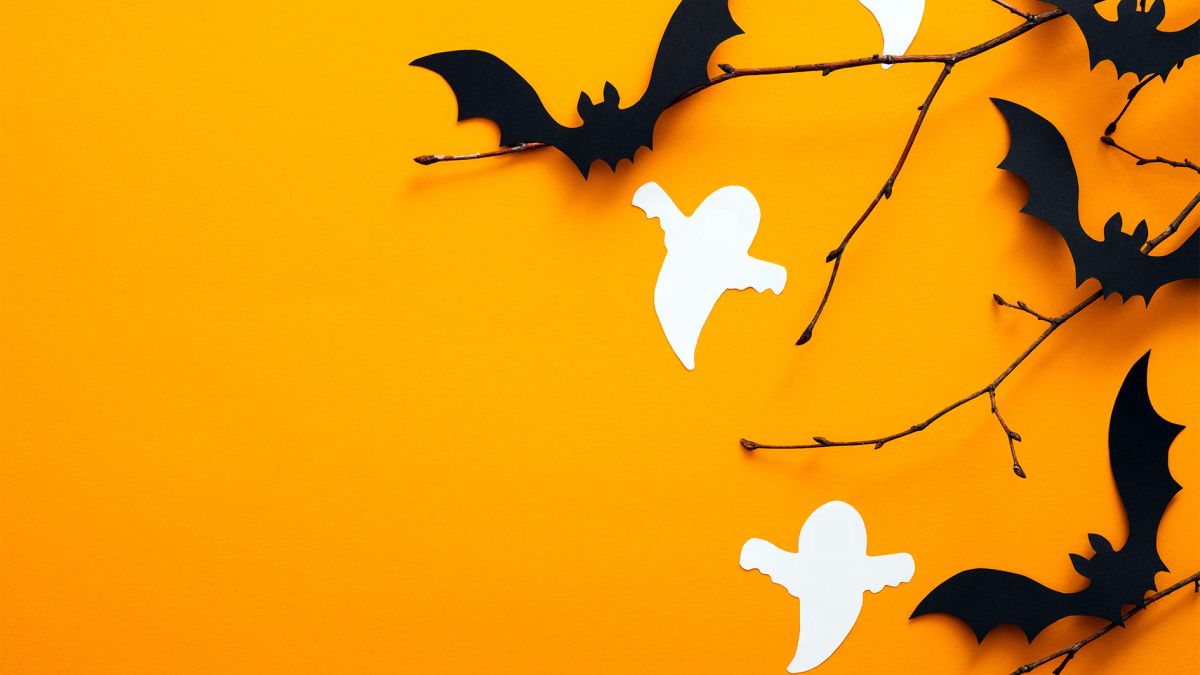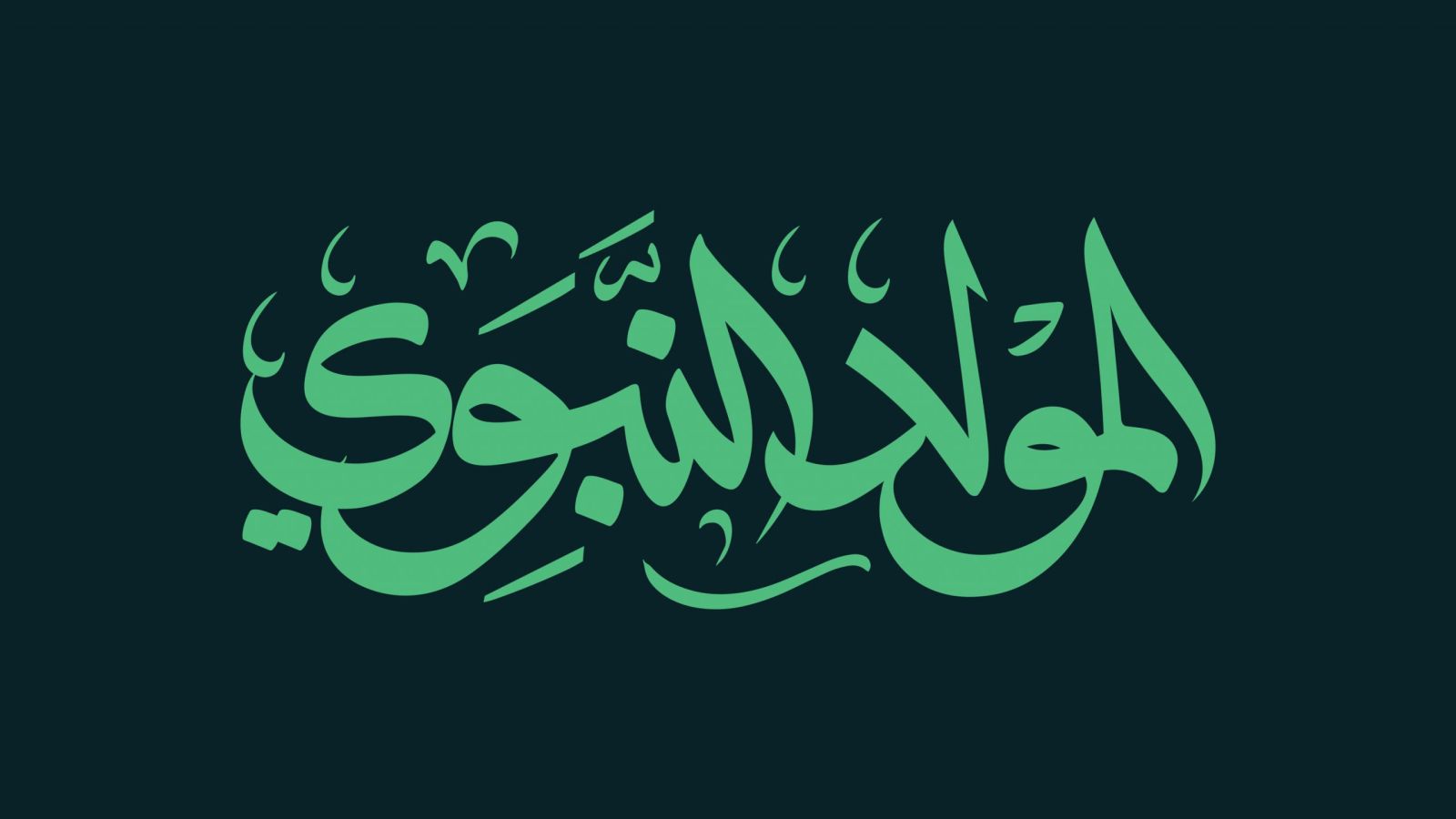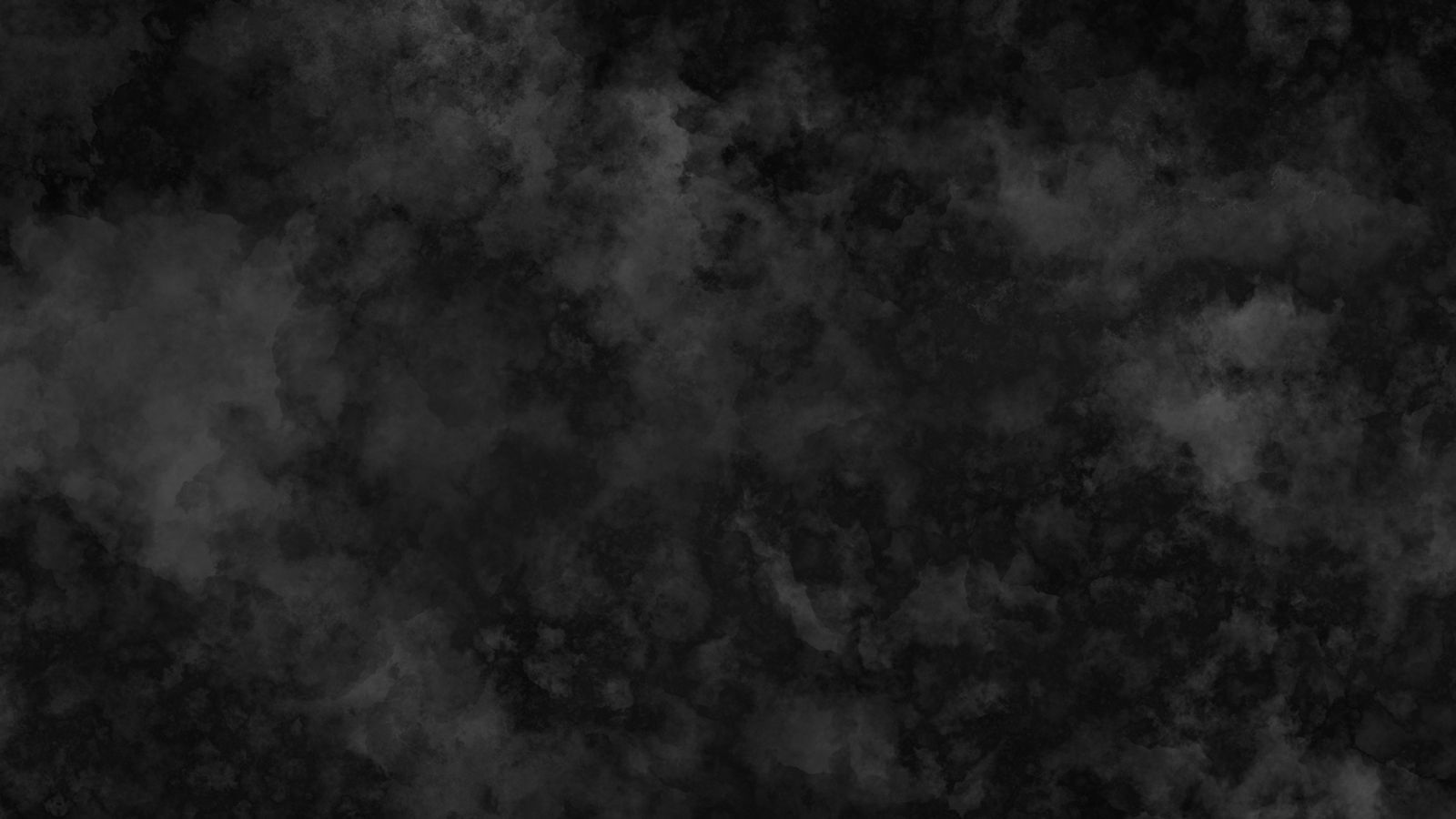Halloween: Harmless or Ḥarām?


Every year, on the evening of October 31st, millions of children across North America paint their faces, dress up in costumes, and go door to door collecting treats. The adults often decorate their houses with ghostly figures, carve scary faces on pumpkins, and put candles in them to create “Jack-O-Lanterns.” Unfortunately, among the millions of North Americans indulging in this custom, many are also Muslims. This article will shed some light on the significance and origins of Halloween, and why Muslims should not participate in it.
Even if one decides to go along with the outward practises of Halloween without acknowledging the deeper significance or historical background of this custom, he or she is still guilty of indulging in this pagan festival.
Origins of the Halloween Festival
The ancient Celtic (Irish/Scottish/Welsh) festival called Samhain is considered by most historians and scholars to be the predecessor of what is now Halloween. Samhain was the New Year’s day of the pagan Celts. It was also the Day of the Dead, a time when it was believed that the souls of those who had died during the year were allowed access into the “land of the dead”. Many traditional beliefs and customs associated with Samhain continue to be practiced today on the 31st of October. Most notable of these customs are the practice of leaving offerings of food and drink (now candy) to masked and costumed revelers and the lighting of bonfires. Elements of this festival were incorporated into the Christian festival of All Hallow’s Eve, or Hallow-Even, the night preceding All Saint’s (Hallows’) Day. It is the glossing of the name Hallow- Even that has given us the name of Halloween. Until recent times in some parts of Europe, it was believed that on this night the dead walked amongst them and that witches and warlocks flew in their midst. In preparation for this, bonfires were built to ward off these malevolent spirits.
By the 19th century, witches’ pranks were replaced by children’s tricks. The spirits of Samhain, once believed to be wild and powerful, were now recognized as being evil. Devout Christians began rejecting this festival. They had discovered that the so-called gods, goddesses, and other spiritual beings of the pagan religions, were diabolical deceptions. The spiritual forces that people experienced during this festival were indeed real, but they were manifestations of the devil who misled people toward the worship of false idols. Thus, they rejected the customs associated with Halloween, including all representations of ghosts, vampires, and human skeletons – symbols of the dead – and of the devil and other malevolent and evil creatures. It must also be noted that, to this day, many Satan-worshippers consider the evening of October 31st to be their most sacred. And many devout Christians today continue to distance themselves from this pagan festival.
The Islamic Perspective
Iman (faith) is the foundation of Islamic society, and tawhīd (the belief in the existence and Oneness of Allāh) is the essence of this faith and the very core of Islām. The safeguarding of this iman, and of this pure tawhīd, is the primary objective of all Islamic teachings and legislation. In order to keep the Muslim society purified of all traces of shirk (associating partners with Allāh) and remnants of error, a continuous war must be waged against all customs and practises which originate from societies’ ignorance of divine guidance, and in the errors of idol worship.
Our beloved Prophet Muḥammad ﷺ issued a stern warning: “Whoever imitates a nation is one of them!” (Abū Dāwūd). Muslims should heed this warning and refrain from copying or imitating the kufār in their celebrations. Islām has strongly forbidden Muslims to follow the religious or social customs of non-Muslims, and especially of the idol-worshippers or those who worship the devil. The Prophet ﷺ said: “By Him in Whose hands is my life, you are ordered to enjoin good and forbid evil, or else Allāh will certainly afflict you with torments. Thereafter, even your duʿāʾʾʾʾ (supplications) will not be accepted.” (Tirmidhī). From an Islamic standpoint, Halloween is one of the worst celebrations because of its origins and history. It is haram (forbidden), even if there may be some seemingly good or harmless elements in those practises, as evidenced by a statement from the Prophet ﷺ “Every innovation (in our religion) is misguidance, even if the people regard it as something good” 1. Although it may be argued that the celebration of Halloween today has nothing to do with devil-worship, it is still forbidden for Muslims to participate in it. If Muslims begin to take part in such customs, it is a sure sign of weak iman and that we have either forgotten or outrightly rejected the mission of our Prophet ﷺ who came to cleanse us from jahiliyyah customs, superstitions and false practises.
Muslims are enjoined to neither imitate the behaviour and customs of the non-Muslims, nor to commit their indecencies. Behaviour-imitation will affect the attitude of a Muslim and may create a feeling of sympathy towards the indecent modes of life. Islām seeks to cleanse the Muslim of all immoral conduct and habits, thus paving the way for the Qurʾān and Sunnah to be the correct and pure sources for original Islamic thought and behaviour. A Muslim should be a model for others in faith and practice, behaviour and moral character, and not a blind imitator dependant on other nations and cultures.
Even if one decides to go along with the outward practises of Halloween without acknowledging the deeper significance or historical background of this custom, he or she is still guilty of indulging in this pagan festival. Undoubtedly, even after hearing the Truth, some Muslims will still participate in Halloween, send their kids “trick-or-treating,” and they will try to justify it by saying they are doing it merely to make their children happy. But what is the duty of Muslim parents? Is it to follow the wishes of their children without question, or to mould them within the correct Islamic framework as outlined in the Qurʾān and Sunnah? Is it not the responsibility of Muslim parents to impart correct Islamic training and instruction to their children? How can this duty be performed if, instead of instructing the children in Islām, parents allow and encourage their children to be taught the way of the unbelievers? Allāh exposes these types of people in the Qurʾān:
“We have sent them the Truth, but they indeed practise falsehood”
[23:10]
Muslim parents must teach their children to refrain from practising falsehood, and not to imitate the non-Muslims in their customs and festivals. If the children are taught to be proud of their Islamic heritage, they themselves will, in shāʾ Allāh, abstain from Halloween and other non-Muslim celebrations, such as birthdays, anniversaries, Christmas, Valentines Day, etc. The Prophet Muḥammad ﷺ said: The Final Hour will not come until my followers copy the deeds of the previous nations and follow them very closely, span by span, and cubit by cubit (inch by inch). (Bukharī). Islām is a pure religion with no need to accommodate any custom, practise or celebration that is not a part of it. Islām does not distinguish between “secular and sacred;” the Shariʿah must rule every aspect of our lives.
“You must keep to my Sunnah and the sunnah of the rightly-guided Caliphs; cling to it firmly. Beware of newly invented matters, for every new matter is an innovation, and every innovation is misleading.”2
“When the people see a person committing a wrong, but do not seize his hand to restrain him or her from the deed, it is likely that Allāh will punish them both.” (Abū Dāwūd, Nasāʿi, Tirmidhī)
“Whoever imitates a nation is one of them.” (Abū Dāwūd)
What to do on Halloween
We have established, beyond doubt, that the celebration of Halloween is absolutely forbidden in Islām. It is haram. The question arises as to what to do on this night. Muslim parents must not send their kids out “trick-or-treating” on Halloween night. Our children must be told why we do not celebrate Halloween. Most children are very receptive when taught with sincerity, and especially when shown in practice the joy of their own Islamic celebrations and traditions. In this regard, teach them about the two Islamic festivals of Eid. (Eid-ul-Fitr is fast approaching, and this is the perfect time to start preparing them for it.) It must also be mentioned that, even Muslims who stay home and give out treats to those who come to their door are still participating in this festival. In order to avoid this, leave the front lights off and do not open the door. Educate your neighbours about our Islamic teachings. Inform them in advance that Muslims do not participate in Halloween, and explain the reasons why. (Give them a copy of this flyer if needed.) They will respect your wishes, and you will gain respect in the process. “A person who calls another to guidance will be rewarded, as will the one who accepts the message.” (Tirmidhī)
Finally, we must remember that we are fully accountable to Allāh for all of our actions and deeds. If, after knowing the Truth, we do not cease our un-Islamic practises, we risk the wrath of Allāh as He himself warned us in the Qurʾān:
“Then let them beware who refuse the Messenger’s order lest some trial befall them, or a grievous punishment be afflicted upon them!”
[24:63]
This is a serious matter and not to be taken lightly. And Allāh knows best. May Allāh guide us, help us to stay on the right path, and save us from all deviations and innovations that will lead us into the fires of Hell.
Endnotes:
[1] The Ḥadīth was reported as Marfū` by Al-Harawee but it was graded Da`eef by Shaykh al-Albānī in Aḥkām-ul-Janaa’iz. What is confirmed is that it is a statement of ʿAbdullāh ibn ʿUmar ibn Al-Khaṭṭāb (raḍī Allāhu ʿanhumaa). This was reported by Al-Bayhaqī in Al-Madkhal ilas-Sunan (#191), Ibn Naṣr in As-Sunnah (#70), Ibn Baṭṭah in Al-Ibānah (#205) and Al-Lālikaa’ee in Sharḥ Uṣūl I`tiqaad Ahlis-Sunnah wal-Jamaa`ah (#126). It was graded Saheeh by Shaykh al-Albānī in his checking of Islāh al-Masājid (p.15), in Al-Ṣaḥīḥah (2735) and Ahkaam-ul-Janaa’iz (124), by Shaykh `ʿAlī Hasan Al-Ḥalabī in `Ilm Uṣūl-il-Bid` (p.92) and by Shaykh Mash-hoor Salmān in his checking of As-Suyootee’s Al-Amr bil-Ittibāʿ wan-Nahy `anil-Ibtidaa` (p.64).
[2] This is reported by Ahmad (4/126), Abū Dāwūd (4607), Ibn Mājah (43,44), At-Tirmidhī (2676), Al-Haakim (1/95-96), Ibn Hibbaan (5) and others. However, it is not in Ṣaḥīḥ al-Bukhārī.

















